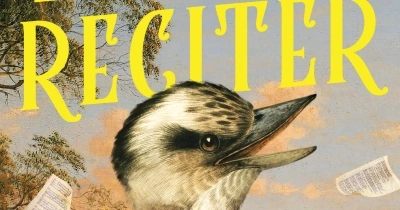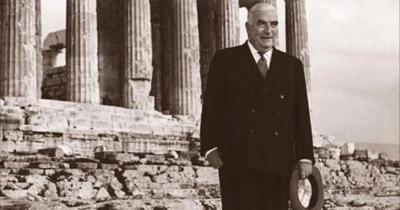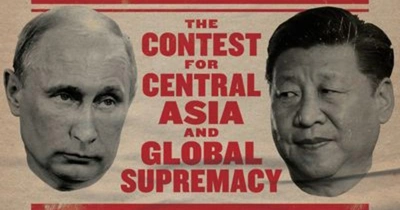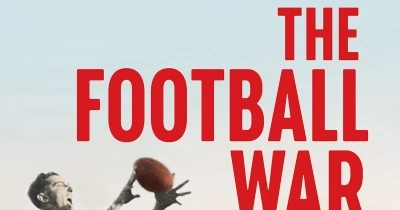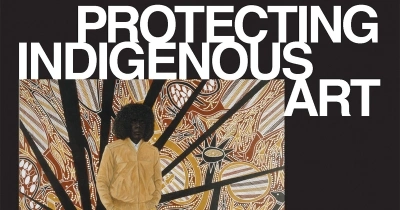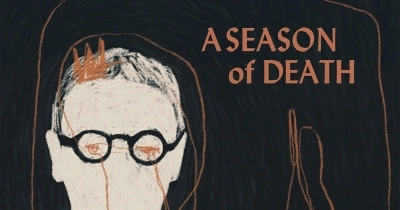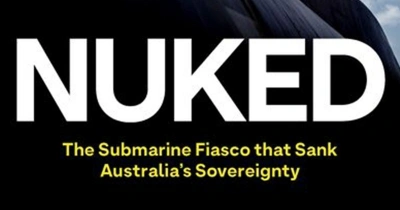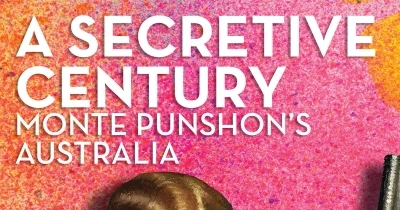Melbourne University Press
The Wild Reciter: Poetry and popular culture in Australia 1890 to the present by Peter Kirkpatrick
by Chris Lee •
Essays That Changed Australia: Meanjin 1940 to today edited by Esther Anatolitis
by Wilfrid Prest •
The Menzies Ascendency: Fortune, stability, progress 1954-1961 edited by Zachary Gorman
by James Walter •
Great Game On: The contest for central Asia and global supremacy by Geoff Raby
by Nick Hordern •
The Football War: The VFA and VFL’s battle for supremacy by Xavier Fowler
by Michael Roberts •
Protecting Indigenous Art: From T-shirts to the flag by Colin Golvan
by Gabriella Coslovich •
Wetlands in a Dry Land: More-than-human histories of Australia’s Murray-Darling Basin by Emily O’Gorman
by Harrison Croft •
Nuked: The submarine fiasco that sank Australia’s sovereignty by Andrew Fowler
by Marilyn Lake •
A Secretive Century: Monte Punshon’s Australia by Tessa Morris-Suzuki
by Susan Sheridan •


